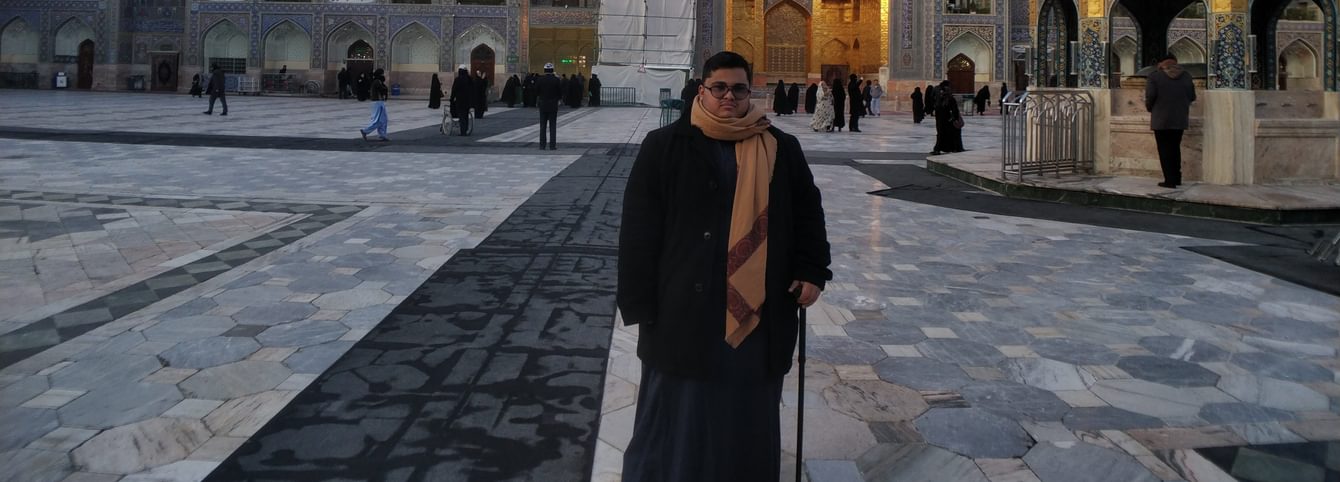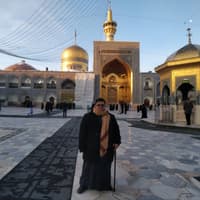Shabbir Abbas
Shabbir Abbas is an alumnus of the 2020 CLS Persian virtual institute hosted by Dushanbe Language Center in Dushanbe, Tajikistan. He’s a graduate student at Columbia University focusing on Islamic legal and intellectual history. He holds a master’s and bachelor’s degrees in religion and religious studies from Rutgers University. He also works as a manuscript cataloguer in the Rare Book and Manuscript Library, analyzing centuries’ old material culture in Arabic, Persian, and Urdu languages.
Why Persian?
While Urdu is the dominant language of Pakistan today, in pre-colonial South Asia, Persian was not only used as the administrative language, but it was the lingua franca and language of intellectual discourse. Therefore, one cannot access South Asian history without first mastering the Persian language.
The Persian language is one of the great languages of the world, which was once spoken widely from the Balkans to the Bengal. The artistic beauty of Persian, as evidenced by the timeless popularity of its poets, Rumi (d. 1273), Hafez (d. 1390), Amir Khusrau (d. 1325), or the awe-inspiring scientific accomplishments by its native speakers, Ibn Sina (d. 1037) and Tusi (d. 1274), amongst many others, all gives reason for the renewed study of Persian. The Persian language opens a door to a universe of wonders within the collective history of humankind.
Future Pursuits
I hope to become a scholar of Islamic history, focusing on South Asia and the greater Persianate/Middle Eastern world. Without knowledge of Persian I would be ill-prepared to access the materials specific to my regional study of Islamic intellectual history. Also, as Persian increases access to pre-colonial history, it gives us the tools to engage in decoloniality which is crucial in terms of upgrading one’s pedagogical abilities.
Impacts of the CLS Program
The CLS program helped rid me of any hesitation I had in publicly speaking Persian and promoting the learning of Persian within my community. As some of the CLS faculty, whom I studied with, were not only experts in the Persian language, but also in Persian poetry, I was thus able to learn poetics diligently from them, and in the process I introduced them to some great Persian poets of South Asia; re-establishing forgotten Persianate literary ties. Upon the completion of the program, I have spent the last several months making the South Asian Diaspora in America aware as to the great heritage of Persian poetry from our ancestral homeland. The CLS faculty saw my passion, and they not only supported me, but in ways empowered me to claim the Persian language as my own.



